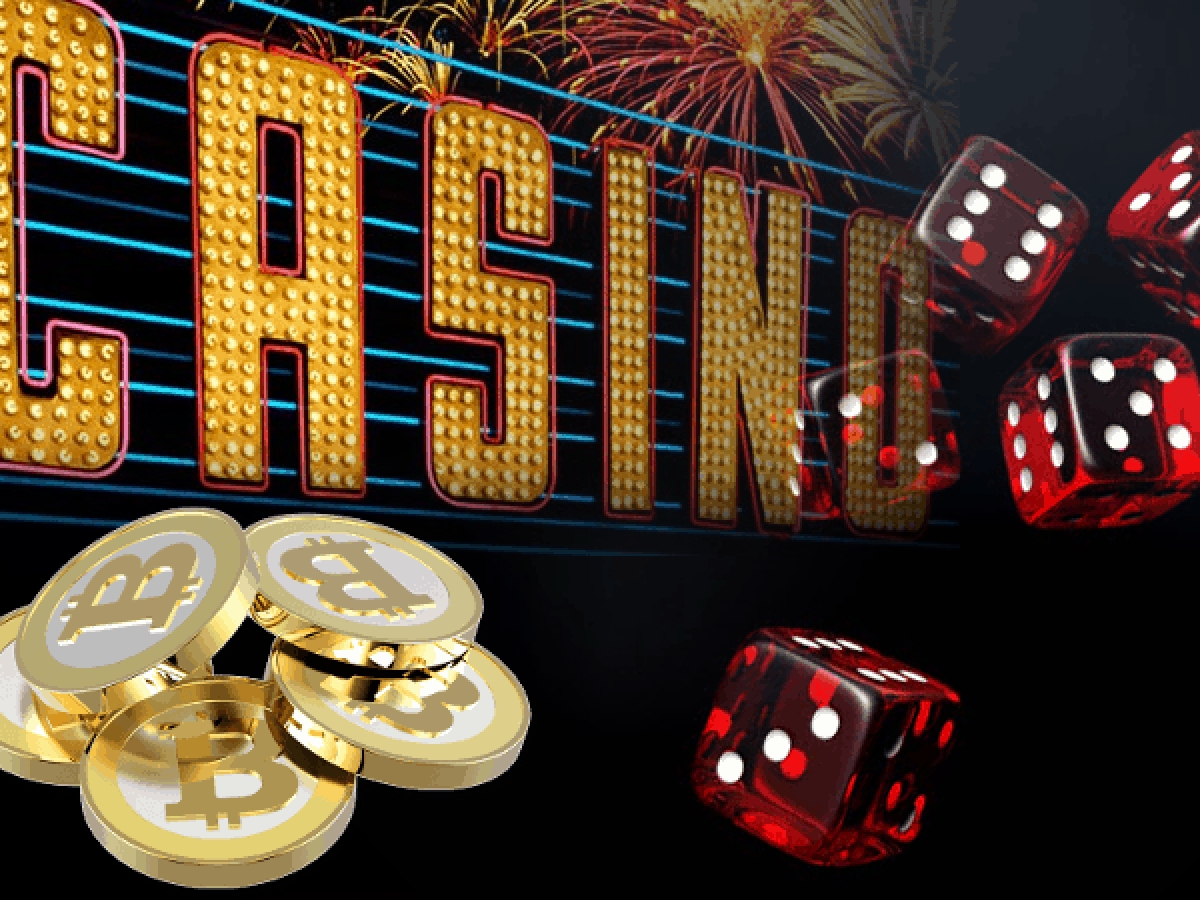Jensen Huang, CEO of NVIDIA, speaks during a press conference (Photo by Sam Yeh / AFP)
This week, I posted on LinkedIn an often-overlooked topic of entrepreneurship – the loneliness that accompanies leadership.
This post stirred some interesting talks. Many CEOs contacted me and said they also felt lonely and found it hard to show they’re human.
But if it is so difficult why do people choose to do it?
Jensen Huang, the CEO at Nvidia, said it perfectly in a recent interview. He said if he knew how hard it was going to be to start Nvidia, he might have skipped it altogether. But it’s that same “I don’t know what I don’t know” vibe that keeps him pushing his company to new heights even today. Sometimes, being a bit naive is actually a good thing. This admission underscores a universal truth in the entrepreneurial world: sometimes, not knowing is a blessing. It seems that in the entreprenuerial journey ignorance is bliss.
I believe loneliness is closely connected to this naivety that entrepreneus all start with. It’s that naivety that shields us from the brutal truth about how many startups fail, but it also puts us in a bubble. Reaching the top can feel lonely, but remember, it’s filled with people who once saw the world through those same rose-colored glasses and made it.
In the world of entrepreneurship, the journey from an idea to a successful enterprise is fraught with uncertainties and challenges. Being an entrepreneur isn’t just about having a great idea. It’s also about navigating a maze filled with pitfalls, surprises and setbacks.
Building over ten ventures has given me a front-row seat to the paradoxical role of naivety in entrepreneurship. On the one hand, it acts as a powerful catalyst, pushing individuals to take the leap into the unknown, undeterred by the statistics stacked against them and the ensuing challenges that become a relentless wave on an almost daily basis. On the other hand, it serves as a protective shield, allowing entrepreneurs to remain optimistic in the face of overwhelming odds.
The entrepreneurial journey is often romanticized as a thrilling adventure, but in reality it is a grueling marathon filled with uncertainty and constant challenges. Entrepreneurs’ naivety allows them to view this journey through rose-tinted glasses, seeing opportunities where others see obstacles. This optimistic outlook is crucia becauses it fosters a unique learning environment where founders learn on the job, adapting and evolving as they navigate through uncharted territories. This hands-on experience cultivates a resilient and resourceful mindset, crucial for long-term success.
Striking the right balance is crucial. While naivety can be a powerful motivator, overconfidence can lead to rash decisions, and a lack of awareness can result in missed opportunities. Over the decade, I have learned many things and I continue to learn – if anything that is the great lesson: I am forever a student and building ventures are my classrooms where I continually learn new things about myself.
I know many CEOs understand the loneliness of leadership. It is a vulnerable place that many feel unwilling to openly discuss for fear of being labelled “weak” when in truth, it is the opposite.
The naivety of entrepreneurs serves as both a spark and a shield, propelling individuals forward while protecting them from discouraging realities. Jensen Huang’s story serve as powerful reminder of the role ignorance plays in the entrepreneurial journey.
Credit: Source link











